This is a touching presentation made by a grieving father to the devoted friend of his son, slain at Fredericksburg. William Millstead (also Milstead and Millsted in various records) enlisted at age 19 in Rome, New York, on August 14, 1861 and mustered into Company I of the 26th New York, 2 year regiment, on August 20, 1861 as a private. Initially posted to Washington, the regiment joined the 3rd Corps, Army of Virginia in June 1862, was present at Cedar Mountain, and took heavy casualties at Second Manassas, losing 169 killed, wounded, and missing. The regiment was transferred into the 1st Corps, Army of the Potomac and they fought again at South Mountain and Antietam, losing 66 men. Several months later, the regiment would again engage enemy forces, this time at the battle of Fredericksburg. This battle, which prompted Pennsylvania Governor Andrew Curtin to tell President Lincoln "It was not a battle, it was a butchery” after his battlefield tour, was the worst engagement for the 26th New York as they suffered heavily, losing 170 of 300 engaged, over half the regiment. It was luckily on picket duty during Chancellorsville, and mustered out in late May 1863. Millstead received the sword as a token of appreciation from Judge William Johnson Bacon, father of William K. Bacon, Adjutant of the 26th New York, who was mortally wounded at Fredericksburg on December 13, 1862 and died 3 days later. Millstead had accompanied the coffin bearing his remains to Washington on December 17, 1863 expecting he would encounter Bacon’s father there or arrange to have the body forwarded to New York. By sheer chance, he was met in Alexandria by a family friend of Judge Bacon, who arrived shortly after, unable to proceed further that day in an effort to see his son, whom he knew to be gravely wounded. In gratitude for Millstead’s devotion, Bacon used his political influence to obtain a first lieutenant’s commission for his son’s “young friend,” which was signed just 3 days later, December 20, 1862, giving Millstead rank from October. A local newspaper recorded not only the commission as a token of regard, but the gift of the sword on New Year’s Day. After mustering out in late May 1863, Millstead took a position in the War Department as a clerk, joining the regular army as a private in order to do so. While living in Washington he chanced to be in Ford’s Theatre on the night Lincoln was shot and witnessed the assassination. Millstead’s wife’s pension file asserts this, as it states Millstead was at the assassination of Lincoln at Ford’s Theater. Timothy S. Good’s book “We Saw Lincoln Shot” also supports this as the book states on page 139 “The theater was full of soldiers” and also states that many soldiers from the War Department were present in the audience. In later years Millstead lived in Chicago and was a member of Grant Post #28 G.A.R. in that city. He died there in January 1930 and was buried in Evanston. This is truly a historic sword, not only from a soldier who was part of a hard-fought regiment, but from a man who witnessed one of the most significant events of the 19th century. The sword itself is a gratifying presentation and merits as a gift of thanks from a grieving father. The presentation is located on the upper mount on either side of the band and reads "Presented to / Lieut. Wm. H. / Millstead / by the Father / of / Adjt. Wm. H. Bacon / 26 Regt. N.Y.S.V / Jan. 1 1863." The presentation is documented by a copy of the Utica newspaper with the same presentation and spelling of his last name. Once unsheathed, the sword exhibits a bright blade that is nearly devoid of decoration except for beautiful etched designs at the center of the blade. The obverse exhibits a spread winged federal eagle that is perched on a banner and olive branches, contained in a foliate vignette. The reverse exhibits the bold letters "U.S." also contained in a foliate vignette. The sword was manufactured by Schuyler, Hartley, & Graham, New York, and is approp
This is a touching presentation made by a grieving father to the devoted friend of his son, slain at Fredericksburg. William Millstead (also Milstead and Millsted in various records) enlisted at age 19 in Rome, New York, on August 14, 1861 and mustered into Company I of the 26th New York, 2 year regiment, on August 20, 1861 as a private. Initially posted to Washington, the regiment joined the 3rd Corps, Army of Virginia in June 1862, was present at Cedar Mountain, and took heavy casualties at Second Manassas, losing 169 killed, wounded, and missing. The regiment was transferred into the 1st Corps, Army of the Potomac and they fought again at South Mountain and Antietam, losing 66 men. Several months later, the regiment would again engage enemy forces, this time at the battle of Fredericksburg. This battle, which prompted Pennsylvania Governor Andrew Curtin to tell President Lincoln "It was not a battle, it was a butchery” after his battlefield tour, was the worst engagement for the 26th New York as they suffered heavily, losing 170 of 300 engaged, over half the regiment. It was luckily on picket duty during Chancellorsville, and mustered out in late May 1863. Millstead received the sword as a token of appreciation from Judge William Johnson Bacon, father of William K. Bacon, Adjutant of the 26th New York, who was mortally wounded at Fredericksburg on December 13, 1862 and died 3 days later. Millstead had accompanied the coffin bearing his remains to Washington on December 17, 1863 expecting he would encounter Bacon’s father there or arrange to have the body forwarded to New York. By sheer chance, he was met in Alexandria by a family friend of Judge Bacon, who arrived shortly after, unable to proceed further that day in an effort to see his son, whom he knew to be gravely wounded. In gratitude for Millstead’s devotion, Bacon used his political influence to obtain a first lieutenant’s commission for his son’s “young friend,” which was signed just 3 days later, December 20, 1862, giving Millstead rank from October. A local newspaper recorded not only the commission as a token of regard, but the gift of the sword on New Year’s Day. After mustering out in late May 1863, Millstead took a position in the War Department as a clerk, joining the regular army as a private in order to do so. While living in Washington he chanced to be in Ford’s Theatre on the night Lincoln was shot and witnessed the assassination. Millstead’s wife’s pension file asserts this, as it states Millstead was at the assassination of Lincoln at Ford’s Theater. Timothy S. Good’s book “We Saw Lincoln Shot” also supports this as the book states on page 139 “The theater was full of soldiers” and also states that many soldiers from the War Department were present in the audience. In later years Millstead lived in Chicago and was a member of Grant Post #28 G.A.R. in that city. He died there in January 1930 and was buried in Evanston. This is truly a historic sword, not only from a soldier who was part of a hard-fought regiment, but from a man who witnessed one of the most significant events of the 19th century. The sword itself is a gratifying presentation and merits as a gift of thanks from a grieving father. The presentation is located on the upper mount on either side of the band and reads "Presented to / Lieut. Wm. H. / Millstead / by the Father / of / Adjt. Wm. H. Bacon / 26 Regt. N.Y.S.V / Jan. 1 1863." The presentation is documented by a copy of the Utica newspaper with the same presentation and spelling of his last name. Once unsheathed, the sword exhibits a bright blade that is nearly devoid of decoration except for beautiful etched designs at the center of the blade. The obverse exhibits a spread winged federal eagle that is perched on a banner and olive branches, contained in a foliate vignette. The reverse exhibits the bold letters "U.S." also contained in a foliate vignette. The sword was manufactured by Schuyler, Hartley, & Graham, New York, and is approp
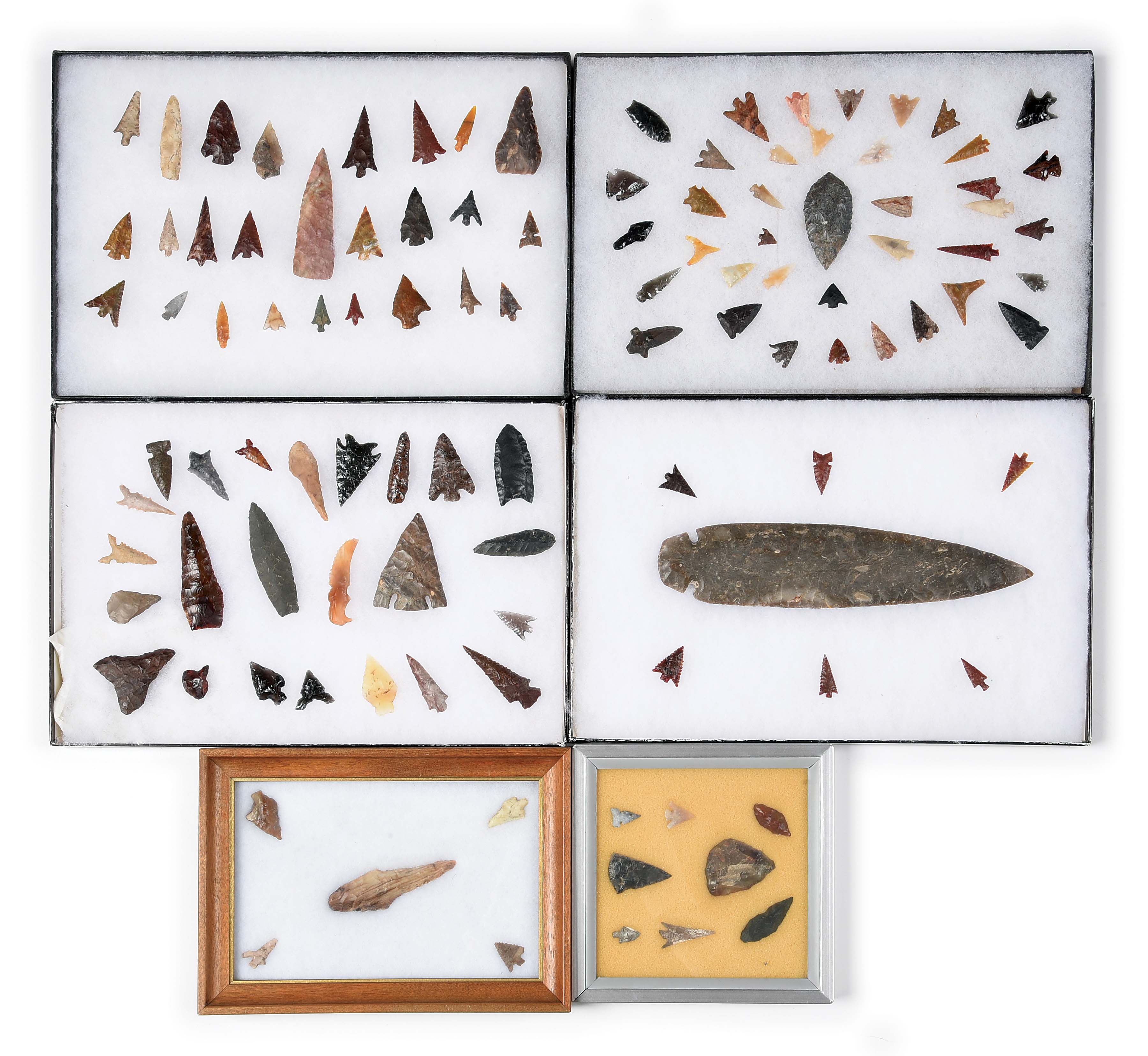
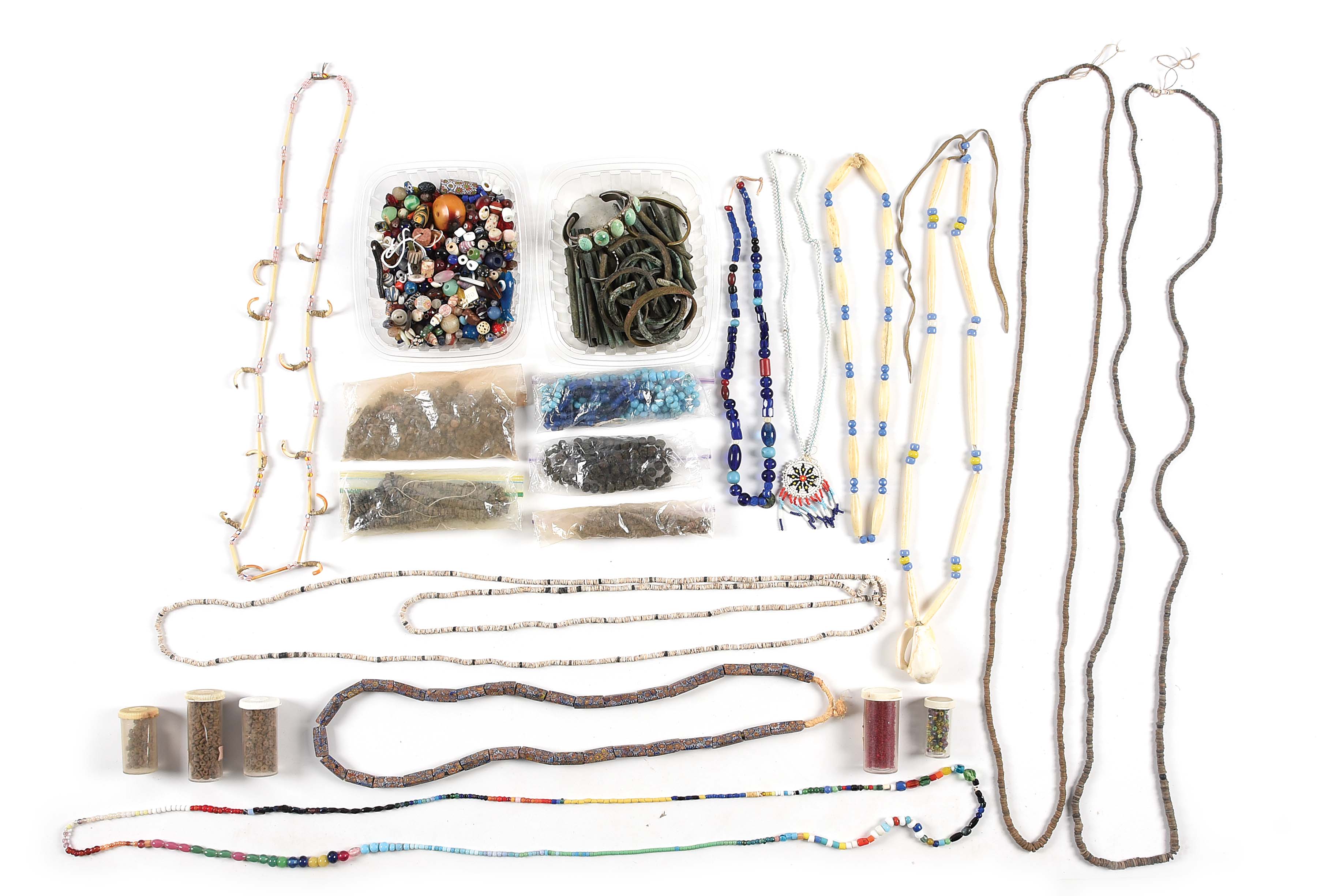

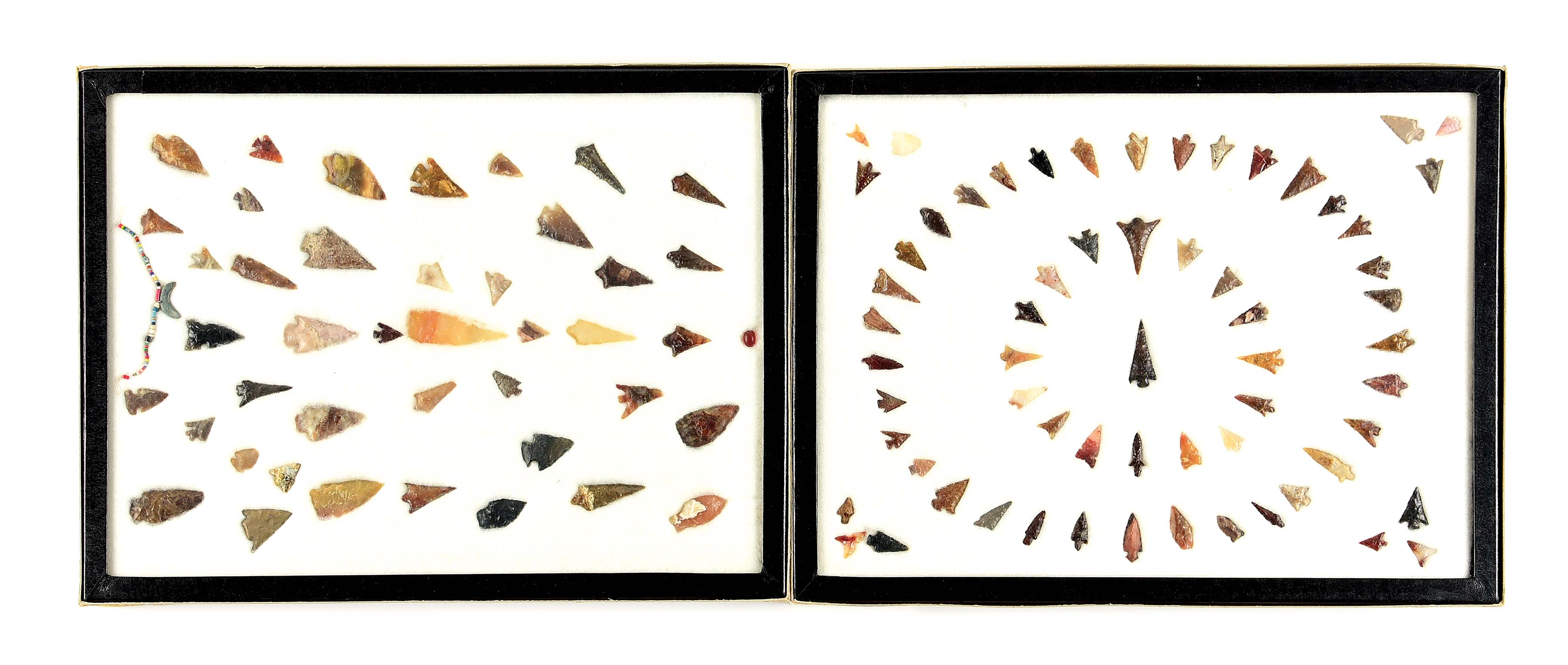
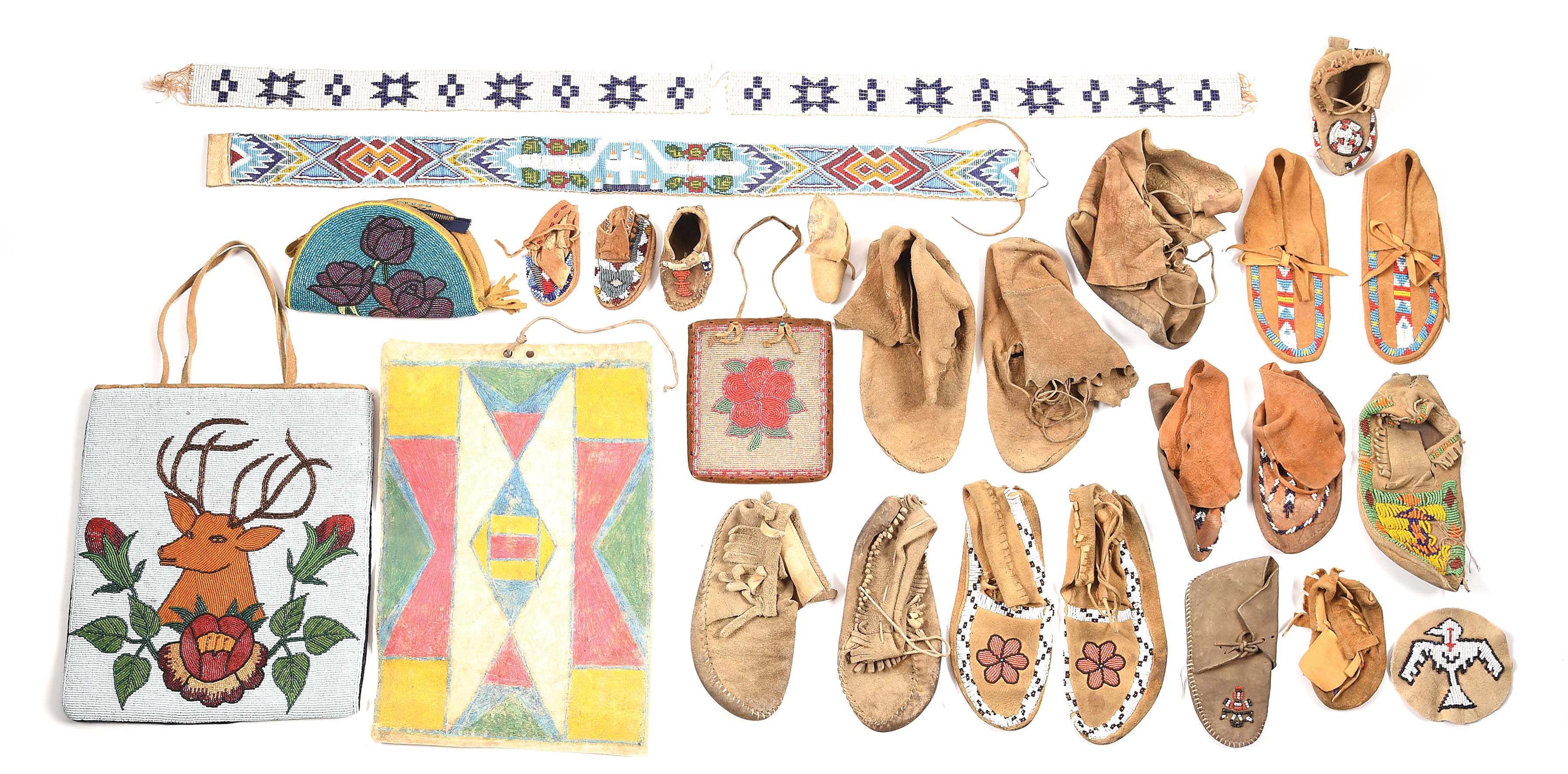

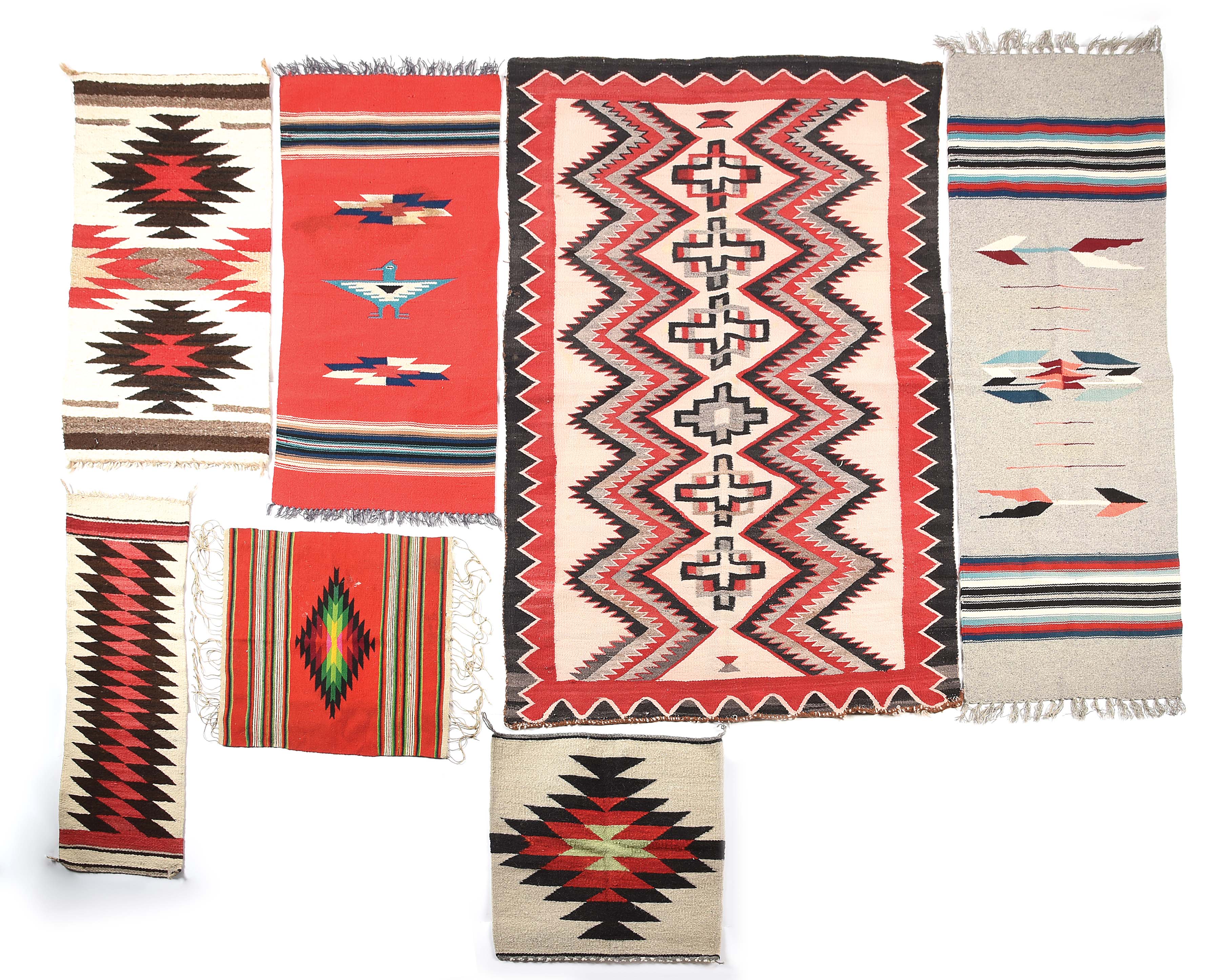

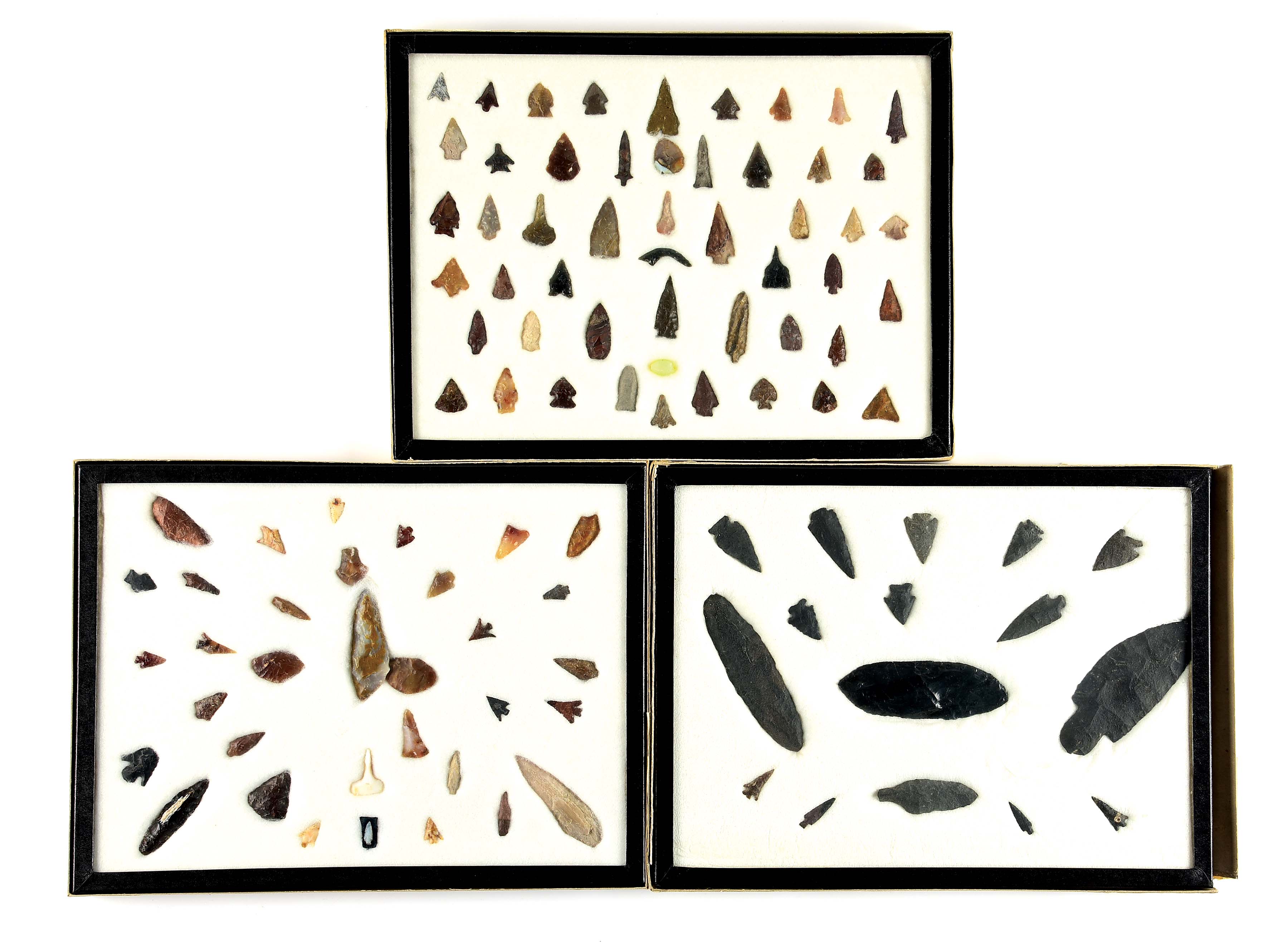
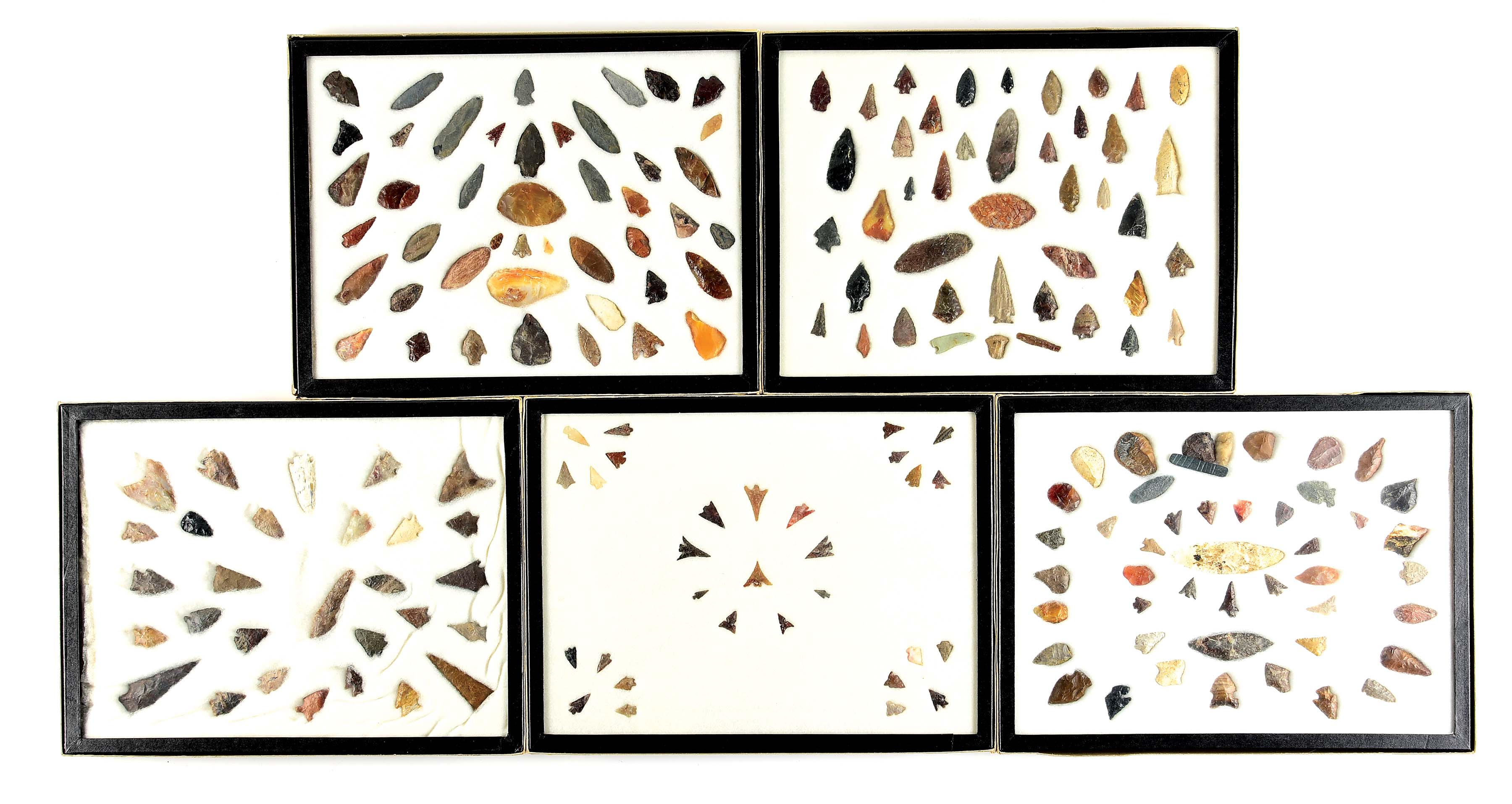
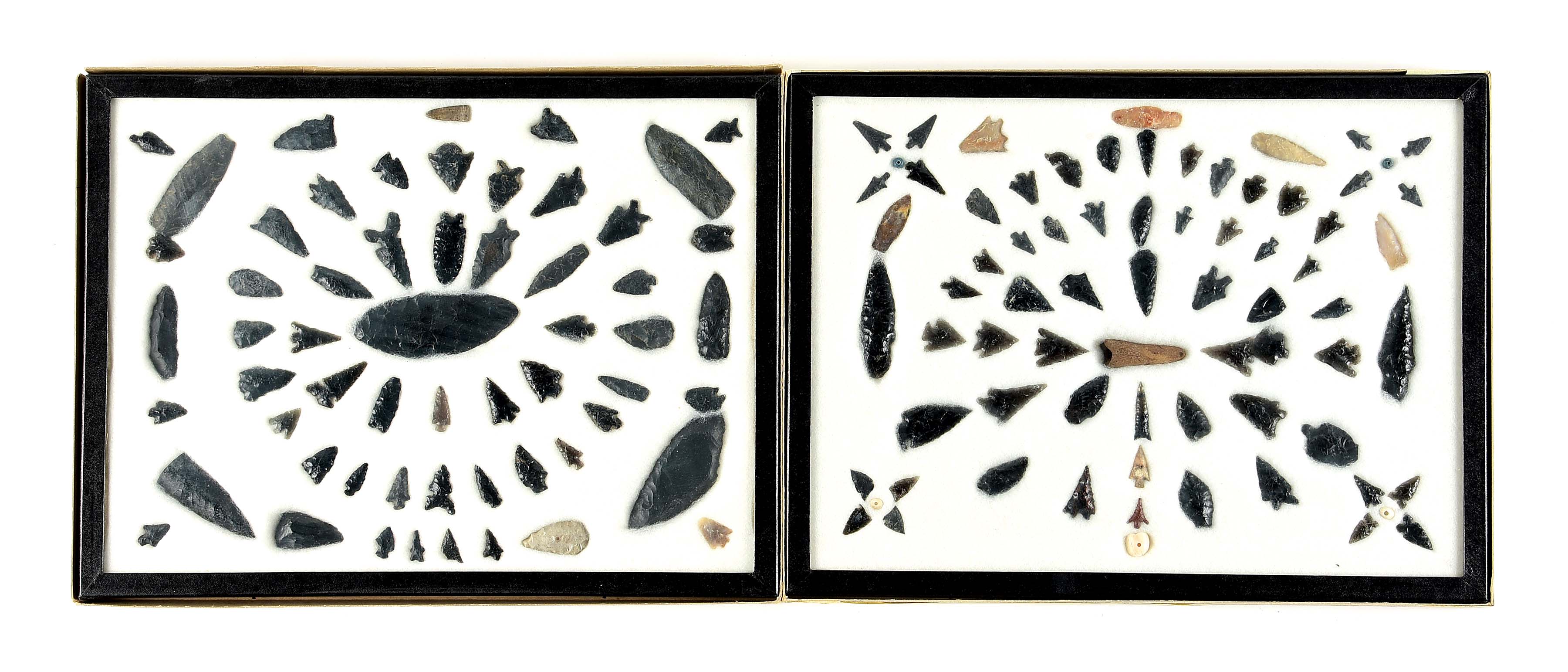
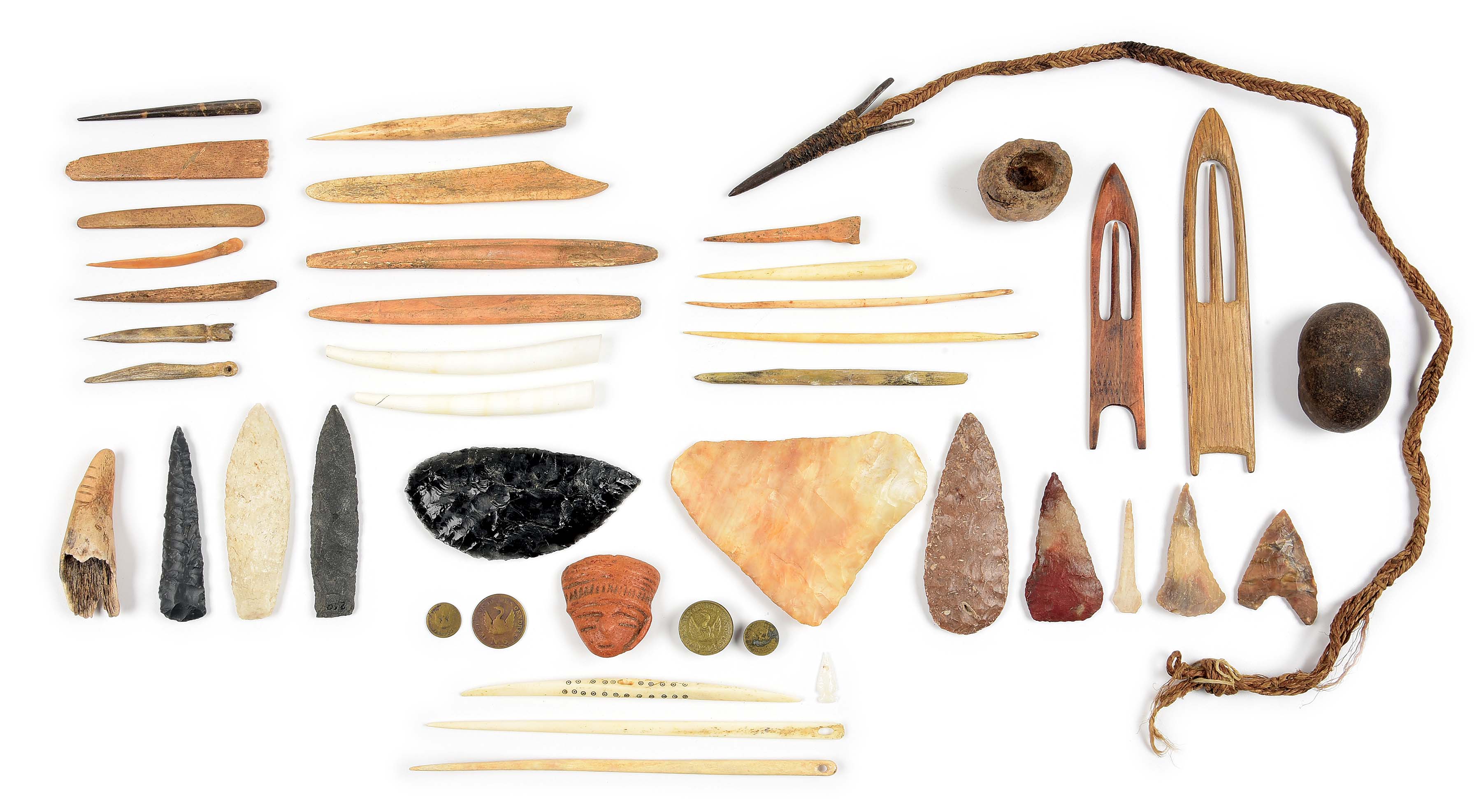
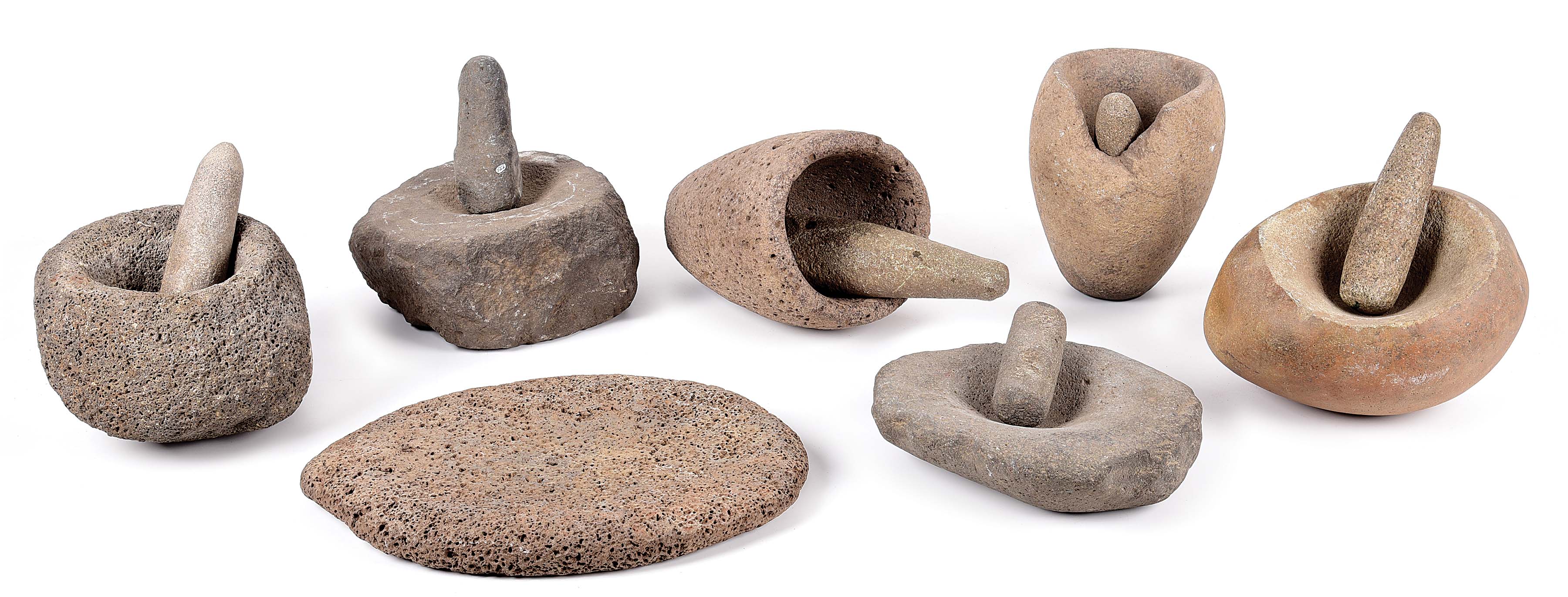

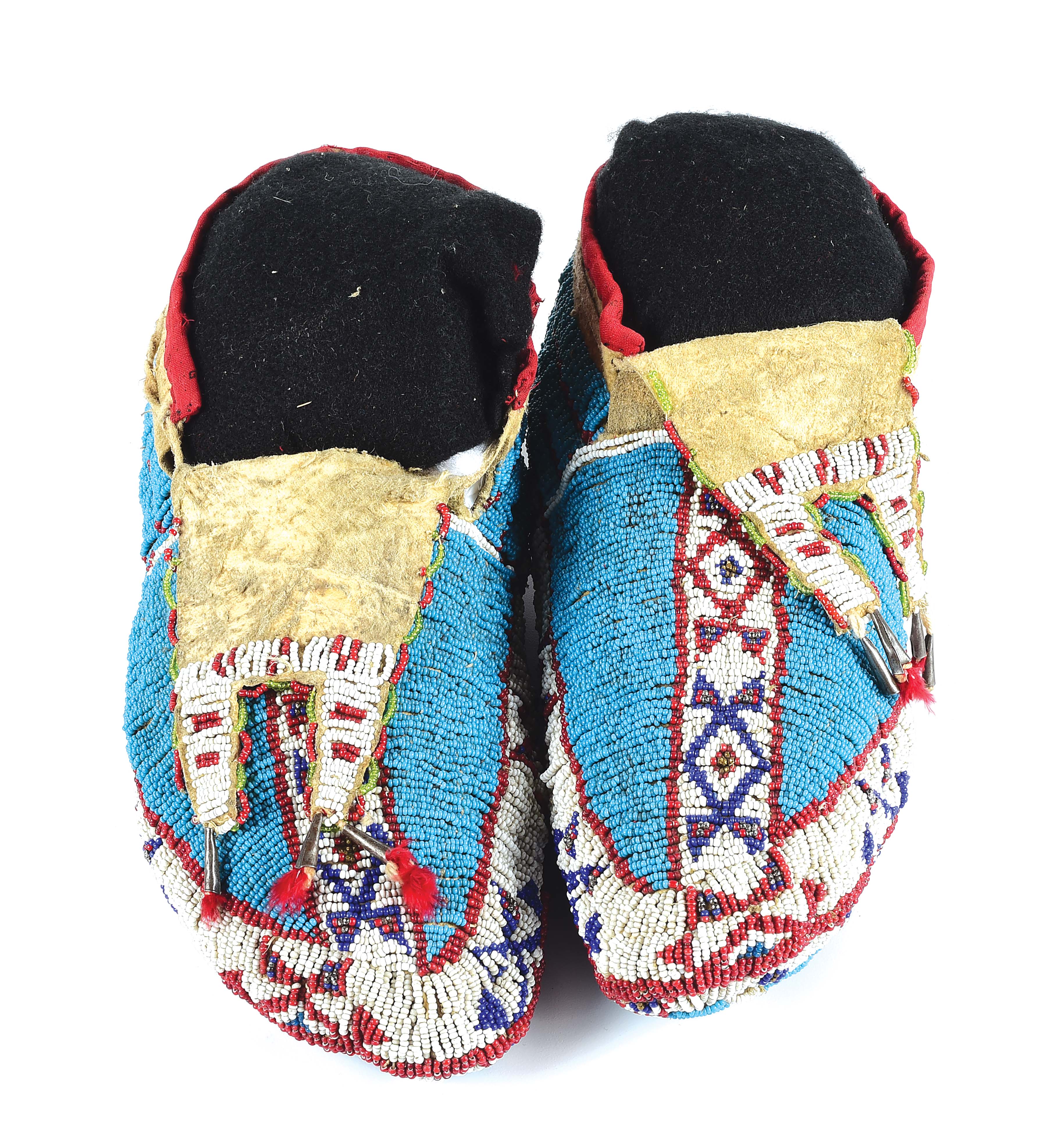
Testen Sie LotSearch und seine Premium-Features 7 Tage - ohne Kosten!
Lassen Sie sich automatisch über neue Objekte in kommenden Auktionen benachrichtigen.
Suchauftrag anlegen